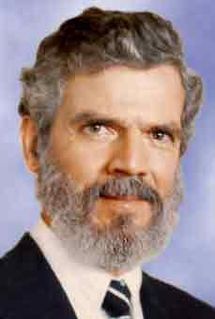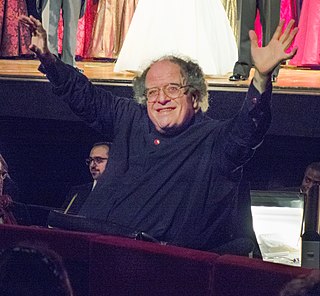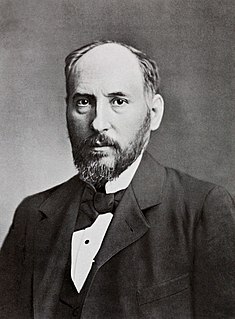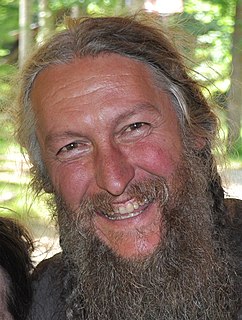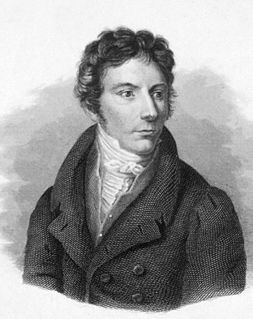A Quote by Alexander von Humboldt
Insight into universal nature provides an intellectual delight and sense of freedom that no blows of fate and no evil can destroy.
Related Quotes
To gauge the understanding and insight that metaphysics provides is to ask whether, in the final analysis, it helps us to cope with our world and harmonize our existence with nature, humanity, and ourselves, and leads to greater freedom and self-realization. Metaphysics is only the beginning. The end is human progress.
In fact, the libertarian would reason that the fact that human nature is a mixture of both good and evil provides its own particular argument in his favor. For if man is such a mixture, then the best societal framework is surely one in which evil is discouraged and the good encouraged. The libertarian maintains that the existence of the State apparatus provides a ready, swift channel for the exercise of evil, since the rulers of the State are thereby legitimated and can wield compulsion in ways that no one else is permitted to do.
Fate is a misplaced retreat. Many people rationalize an unexplained event as fate and shrug their shoulders when it occurs. But that is not what fate is. The world operates as a series of circles that are invisible, for they extend to the upper air. Fate is where these circles cut to earth. Since we cannot see them, do not know their content, and have no sense of their width, it is impossible to predict when these cuts will slice into our reality. When this happens, we call it fate. Fate is not a chance event but one that is inevitable, we are simply blind to its nature and time.
Simplicity is a pleasant thing in children, or at any age, but it is not necessarily admirable, nor is affectation altogether a thing of evil. To be normal, to be at home in the world, with a prospect of power, usefulness, or success, the person must have that imaginative insight into other minds that underlies tact and savoir-faire, morality and beneficence. This insight involves sophistication, some understanding and sharing of the clandestine impulses of human nature. A simplicity that is merely the lack of this insight indicates a sort of defect.
Man, the more he gains freedom in the sense of emerging from the original oneness with man and nature and the more he becomes an "individual," has no choice but to unite himself with the world in the spontaneity of love and productive work or else to seek a kind of security by such ties with the world as destroy his freedom and the integrity of his individual self.
Perhaps the best reason for regarding mathematics as an art is not so much that it affords an outlet for creative activity as that it provides spiritual values. It puts man in touch with the highest aspirations and lofiest goals. It offers intellectual delight and the exultation of resolving the mysteries of the universe.
Liberty, according to my metaphysics, is an intellectual quality, an attribute that belongs not to fate nor chance. Neither possesses it, neither is capable of it. There is nothing moral or immoral in the idea of it. The definition of it is a self-determining power in an intellectual agent. It implies thought and choice and power; it can elect between objects, indifferent in point of morality, neither morally good nor morally evil.
Now that science has helped us to overcome the awe of the unknown in nature, we are the slaves of social pressures of our own making. When called upon to act independently, we cry for patterns, systems, and authorities. If by enlightenment and intellectual progress we mean the freeing of man from superstitious belief in evil forces, in demons and fairies, in blind fate--in short, the emancipation from fear--then denunciation of what is currently called reason is the greatest service reason can render.

